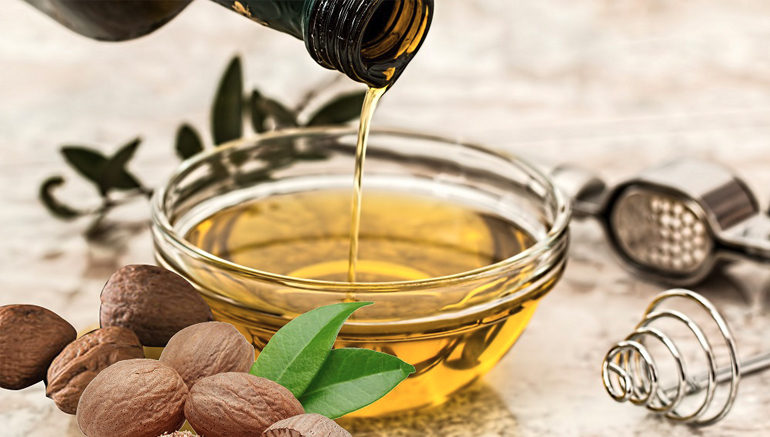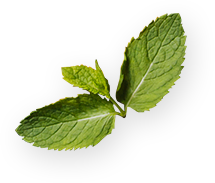Welcome to our lawnia website !
Nutmeg Oil

Nutmeg Oil
Nutmeg is a spice made from the seed of the nutmeg tree (Myristica fragrant), a native Indonesian evergreen tree that is the source of two popular spices: nutmeg and mace. Nutmeg is the inner seed, while mace is the red, lace-like substance that covers the seed. It is sold either ground or in whole seeds. Indonesia produces the majority of world's nutmeg. Historically, grated nutmeg was used as a sachet, and the Romans used it as incense.
Nutmeg oil is used in several dental products because of its antibacterial properties. Nutmeg is a rich source of antioxidants, which help protect against the signs of aging.
The health benefits of nutmeg oil can be attributed to its medicinal properties such as its role as a sedative, stimulant, relaxing, anti-inflammatory, antiseptic, and bactericidal substance.
It has a sweet flavor, which is why it’s commonly added to cakes, cookies, breads, fruit salads, and custards.
Nutmeg contain 7 to 14 percent essential oil, the principal components of which are pinene, Myricetin, camphene, and dipentene. An ointment of nutmeg butter has been used in the treatment of rheumatism.

Sources : Seed of Myristica fragrans
Culinary
-
It has a warm, slightly nutty flavor and is often used in desserts and curries, as well as drinks like mulled wine.
Nutraceuticals
-
It has health benefits such as tissue regeneration, calcium absorption and boosting metabolism. Two essential oils called malignant and myristicin help improve memory.
Aromatherapy
-
The emotional benefits of nutmeg essential oil are to encourage calm, peace, patience, comfort and stillness.






